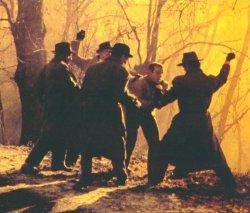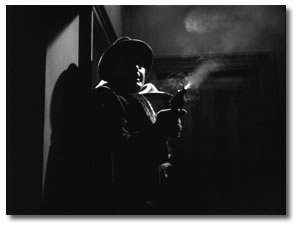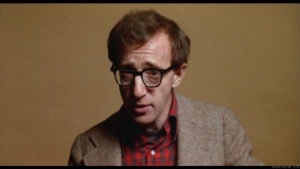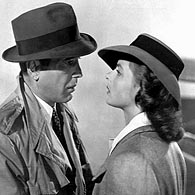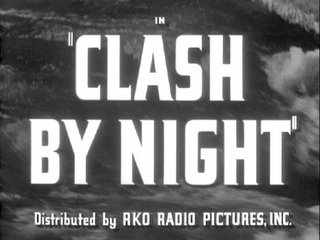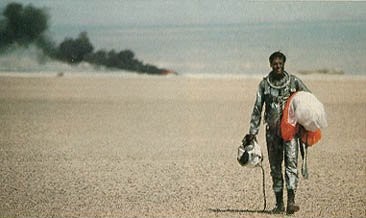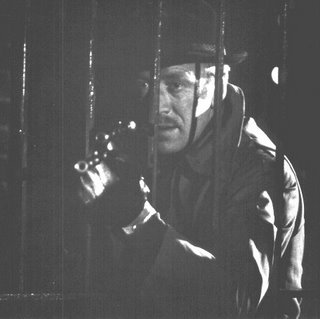All this said, it has to be one of the clunkiest classics ever made. The film suffers from an odd story structure and some of the worst editing I've ever seen in a studio picture. In terms of the edits, I'm not sure that I would blame the picture editor. The editor is given the footage that the director and cameraman have captured and it is really the directors job to make sure that the film will cut. It would be a fair assessment to say that it was Capra's technical direction that is responsible for the poor edits. Take these two images for example:

The cut is odd as the change in framing is too subtle making it feel like a small jump cut. The secondary character is starting to walk behind Jimmy Stewart before the cut and is unmoving beside him at the head of the next shot. Normally cutting on action (or a match cut) is one of the nicest and smoothest methods to hide the cut. Here, it highlights the jump cut and is a bit jarring for the audience. Although the audience wouldn't notice the technical aspects of the flaw, they do have a subconscious knowledge of spatial relationships.
Here is another example:

Again, the change in framing is too subtle and in this particular cut Uncle Billy's expression changes from laughingly playful to straight. The continuity of emotion is broken and it highlights the poor visual cut. The film is littered with these kinds of poor edits.
The story structure is quite unusual as well. It starts with a conversation of spirits who inform us that they need to send an angel to help poor George Bailey. They decide to give the angel (and us) some back story as to who George Bailey is and the film starts in flashback. What is odd about this structure is that we end up spending eighty minutes on the back story! By the time we get to the part where George is in trouble, we've practically forgot that there were angels in the story at all. Thus, the second act starts about an hour and a half into the movie. I can't help but wonder how much this story structure affected the poor reviews the film recieved when it first came out. The films revival came from public broadcasters showing the film every year as it had fallen out of copyright and was free for public use. The familiarity that we built with it's odd structure by showing it yearly may have had a good counter effect (just a thought)...
Despite these seemingly major flaws, 'It's a Wonderful Life' is a classic and deserving of its status. Why? The film has such a wonderful energy and drive that it transcends its technical problems. I used to tell my students that story was the most important thing and should always trump whatever lighting or continuity problems you're having. If the poor cut will tell the story better than using a bad take then go with the break in continuity. The audience doesn't go to the movies to see good technical film making, they go to see characters who are having the biggest crisis of their lives. 'It's a Wonderful Life' can be a bit sentimental and melodramatic at times but it also features a character who is selfish and unhappy. He can't see the good that he adds to other peoples lives as he's too self absorbed and bitter that he hasn't been able to chase those unattainable dreams. This is where Capra has done his finest work, creating a film that is exuberant and unashamed of its earnestness.





